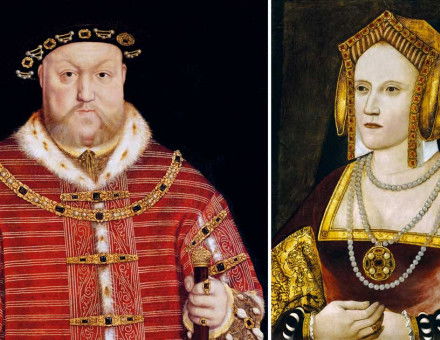Anne Frank, Forty Years On
On 4th April 1944, Anne Frank wrote, 'I want to go on living even after my death!' Four months later, she and her family left for a concentration camp after capture by the Gestapo, and she died from typhus at Bergen-Belsen in March 1945, aged fifteen years.
Anne Frank is chiefly known for her Diary, with approximately eighteen million copies sold, in fifty-two editions, in over fifty languages (including Japanese, Ladino, and Serbo-Croat). A play and a film based on the Diary ensured that its ideals and poignant drama reached a wider audience. However, Anne Frank has lived on as an impetus behind the Anne Frank Foundation in Amsterdam, propagating the aspirations bequeathed to the world by the Diary through its educational work; as a symbol and martyr of Nazi atrocity; as a target for extreme right-wing attempts to whitewash the past; and as a writer with literary and documentary value.





